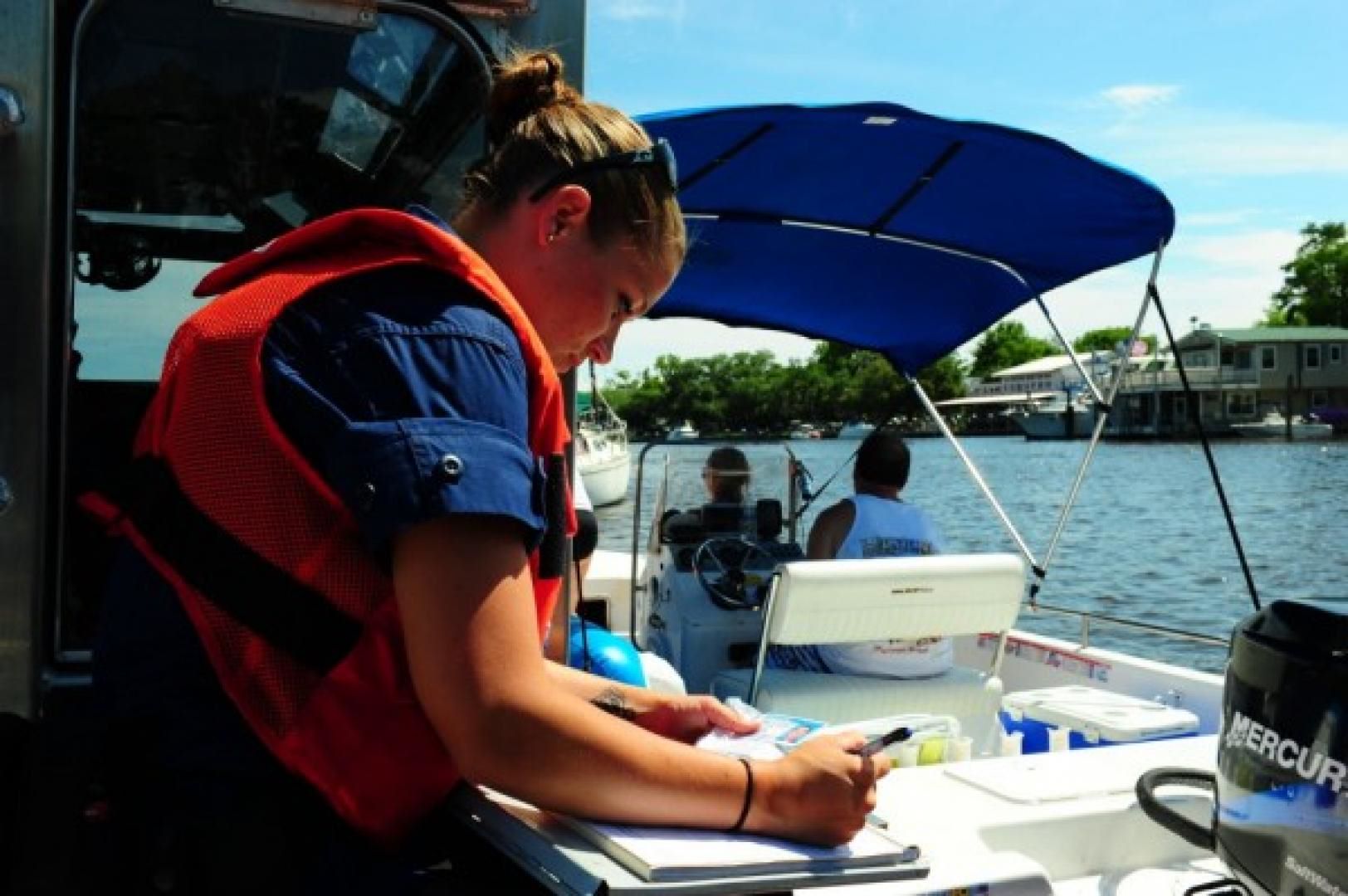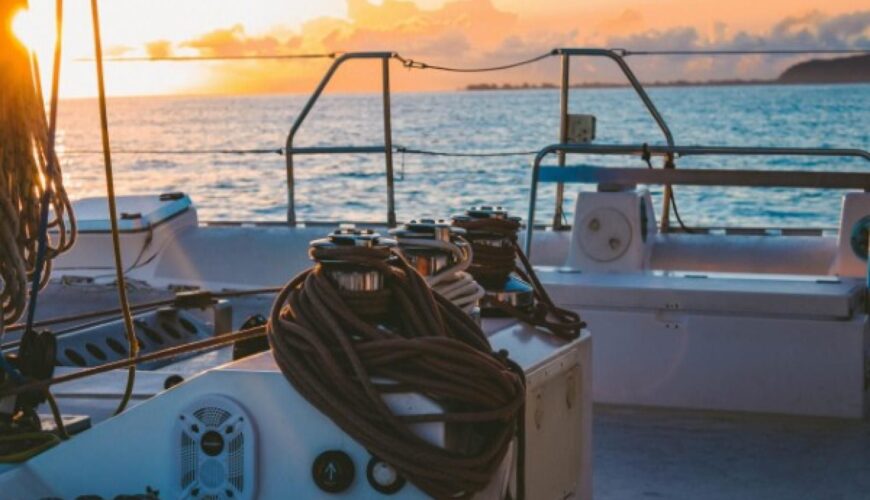Tactics
Sporting Clays Technique: How To Deal With Teal
November 24, 2025 •Mark Chesnut
July 13, 2022
With many people home, schools closed and the outdoors one of the few safe things people could enjoy during the Coronavirus-induced shutdowns of 2020 and early 2021, boat sales skyrocketed across the country as many people decided to take to the water. Whether you’re a seasoned captain or a newbie to the boating scene, with more people enjoying our waterways, it’s more important than ever that people be safe and know exactly what they need and what they need to do before ever hitting the lake, river or bay. Here are five critical things every boater needs to have or consider before enjoying a day on the water.

We asked retired Lt. Commander U.S. Coast Guard Search and Rescue Controller Robert Carroll what he thought was most important in boat safety, and he immediately responded with the need to leave a float plan
“Leave a Float Plan with someone before you get in the water…let them know the kind of boat you’re in, anticipated return time in case you don’t show up, what kind of safety equipment you have and any other information you think might be useful for Search and Rescue to know in case something goes wrong,” he says.
This step is arguably the most important, and it doesn’t cost any money. Let friends know that you’re going out and, of course, if there are any stations or ports on the body of water you’re boating on, let them know, too.
“Having a life vest isn’t enough,” continues Carroll.
Everyone knows their odds of surviving in the water increase if they have a life vest, but simply having a standard life vest is the least you can do. What many people don’t realize is that flotation isn’t the only purpose of a life vest—visibility is important as well. A bright life vest with reflectors makes the job of search and rescue easier.
Another issue with life vests is that they can become inadequate with age. Older life vests might lose their color, have the reflection tape rub off or simply not float that well. If you find yourself unexpectedly in the water, especially at night, you want to make sure you are as visible as possible.
Life vests must fit properly, too; this is imperative if there are children on board. Children will not fit in adult life vests. A common mistake is that boaters who don’t usually take children boating will do so and then forget to bring vests that are specifically for the use of children. Know that federal boating law requires all children under 13 years old to wear one while on the water. State laws may vary on the specific age for those who must wear one at all times, so check with state regulations to see if those laws exceed federal requirements.
Lastly, a detail that many might not think of is to have the name of their boat on the life jacket. This can be useful because the Coast Guard may not know if a free-floating life jacket has come from your boat or if there is another boat or ship in distress, or if it is just from something else entirely.
Critical equipment to have in the event of an emergency is a Personal Locator Beacon (PLB), for your person, and/or an Emergency Position Radio Indicating Beacon (EPRIB), for your boat. If either of these devices work properly and the distress signal is received, search and rescue teams will know precisely where to look.
Some boats, typically large ones, are required to have EPRIBs or similar devices, but smaller boats are not.
“But there is absolutely nothing stopping you from buying your own for an extra level of safety,” says Carroll.
“From my personal experience, most of the recreationists who get trapped in bad weather could have avoided the whole scenario if they had just checked the weather reports beforehand…most of the time it is not flash changes in weather that gets recreationists—it’s the predictable stuff that gets people,” says Carroll.
So, check the weather and use your judgement. If it looks unsafe, then it probably is.
Creating a visual distress single can be critical in the event of an emergency. The most common example is a flare gun. It’s easy to miss a life vest or arms waving in the air—especially at night. Just because you can see the rescue party does not mean they can see you.
But a flare? It is much harder to miss the brightness of a flare launched overhead.
Save yourself the stress and do these things while you are still on land so you can have a fun and safe boating trip every time you hit the water this summer.
